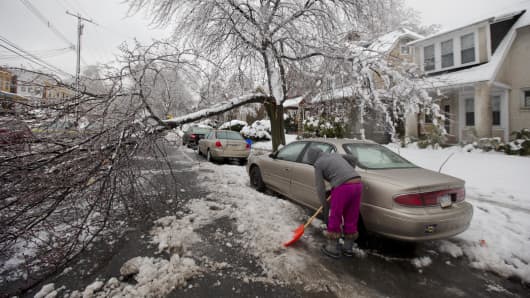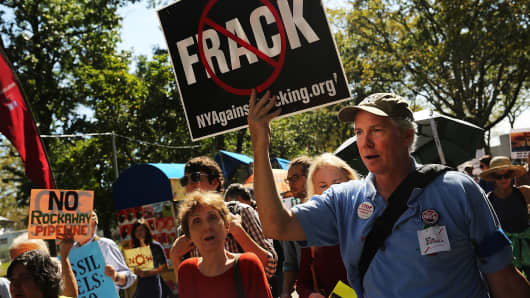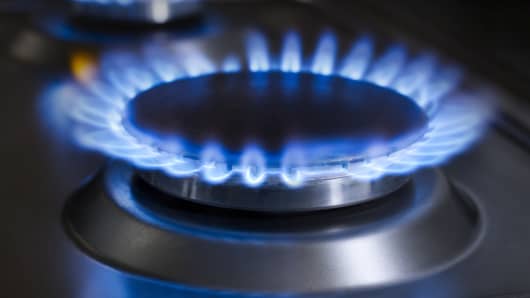Apple shareholders should vote against a proposal by activist investor Carl Icahn for the tech giant to aggressively expand its stock repurchase, proxy advisory firm ISS said in a report released on Sunday.
"(The Apple board) has returned the bulk of its U.S.-generated cash to shareholders via aggressive stock buybacks and dividends payouts," ISS said in the report.
"In light of these good-faith efforts and its past stewardship, the board's latitude should not be constricted by a shareholder resolution that would micromanage the company's capital allocation process."
(Read more: Apple drops 5%on weak iPhone sales, revenue outlook)
Icahn has been pushing the tech giant to aggressively expand its stock repurchase and has criticized the board for not doing so. He has filed a resolution proposing Apple commit to not less than $50 billion of share buybacks.
The activist investor has been gradually building up shares in Apple and late last month picked up another $500 million.








